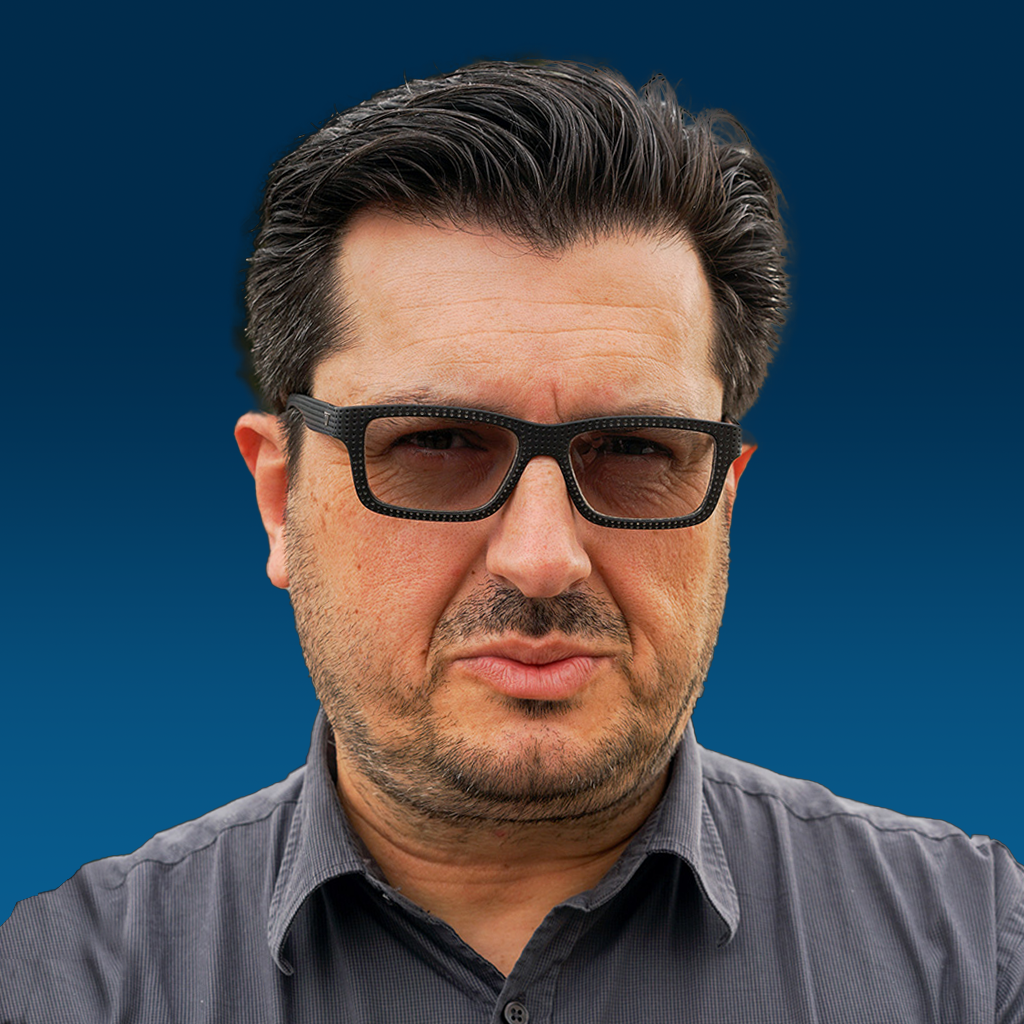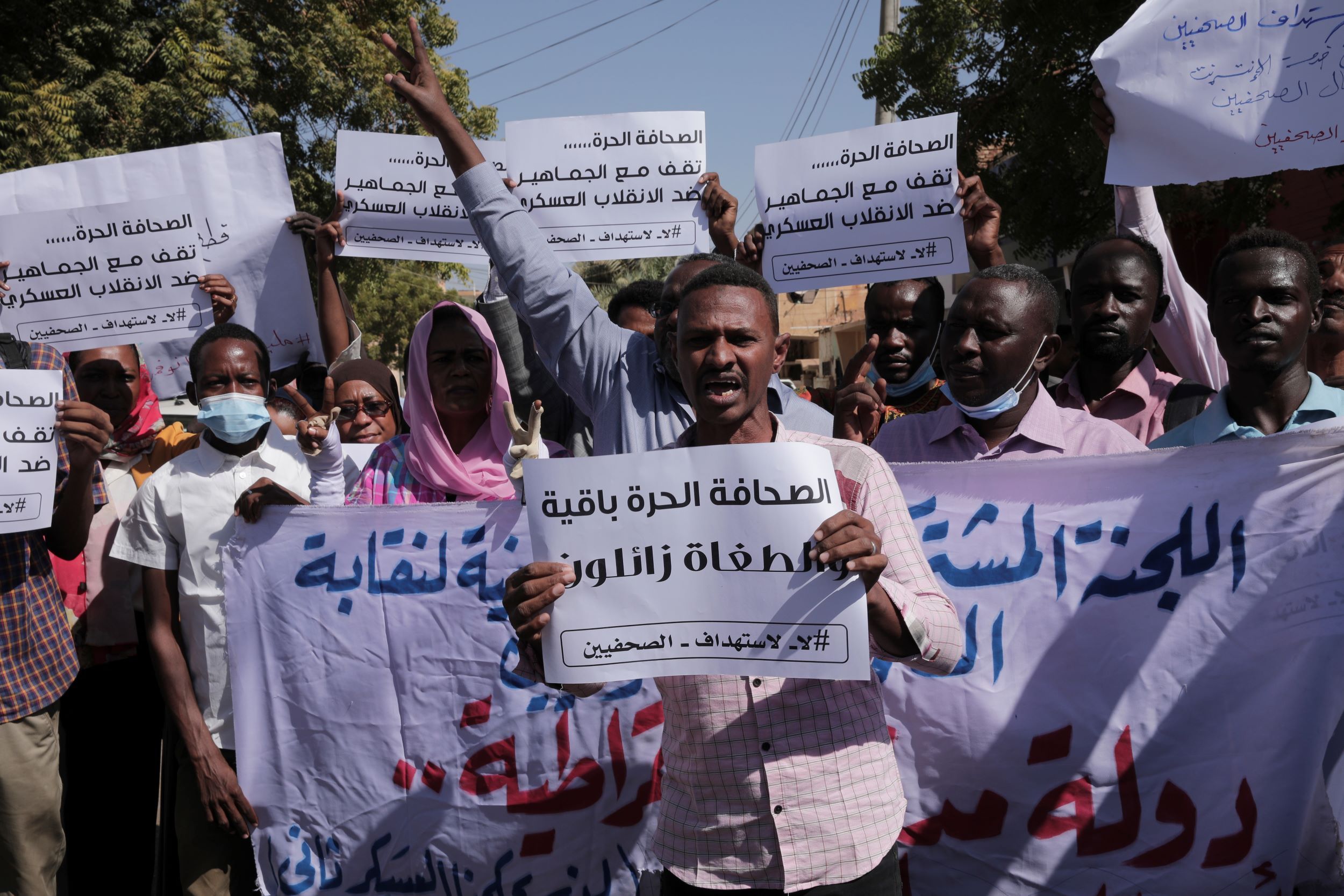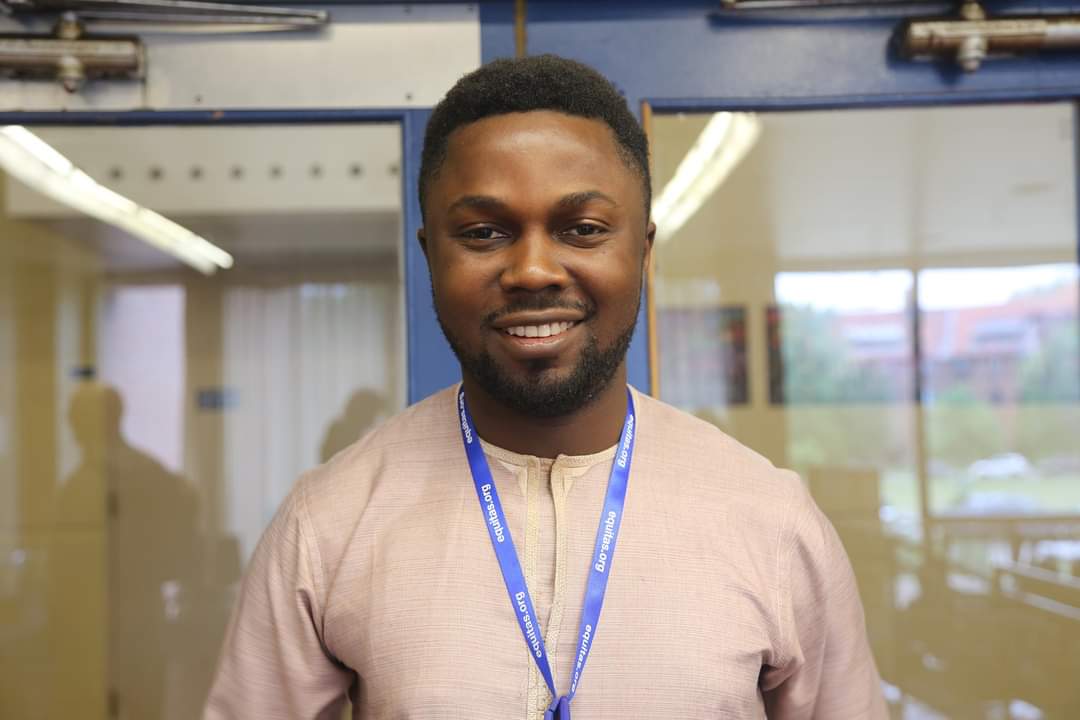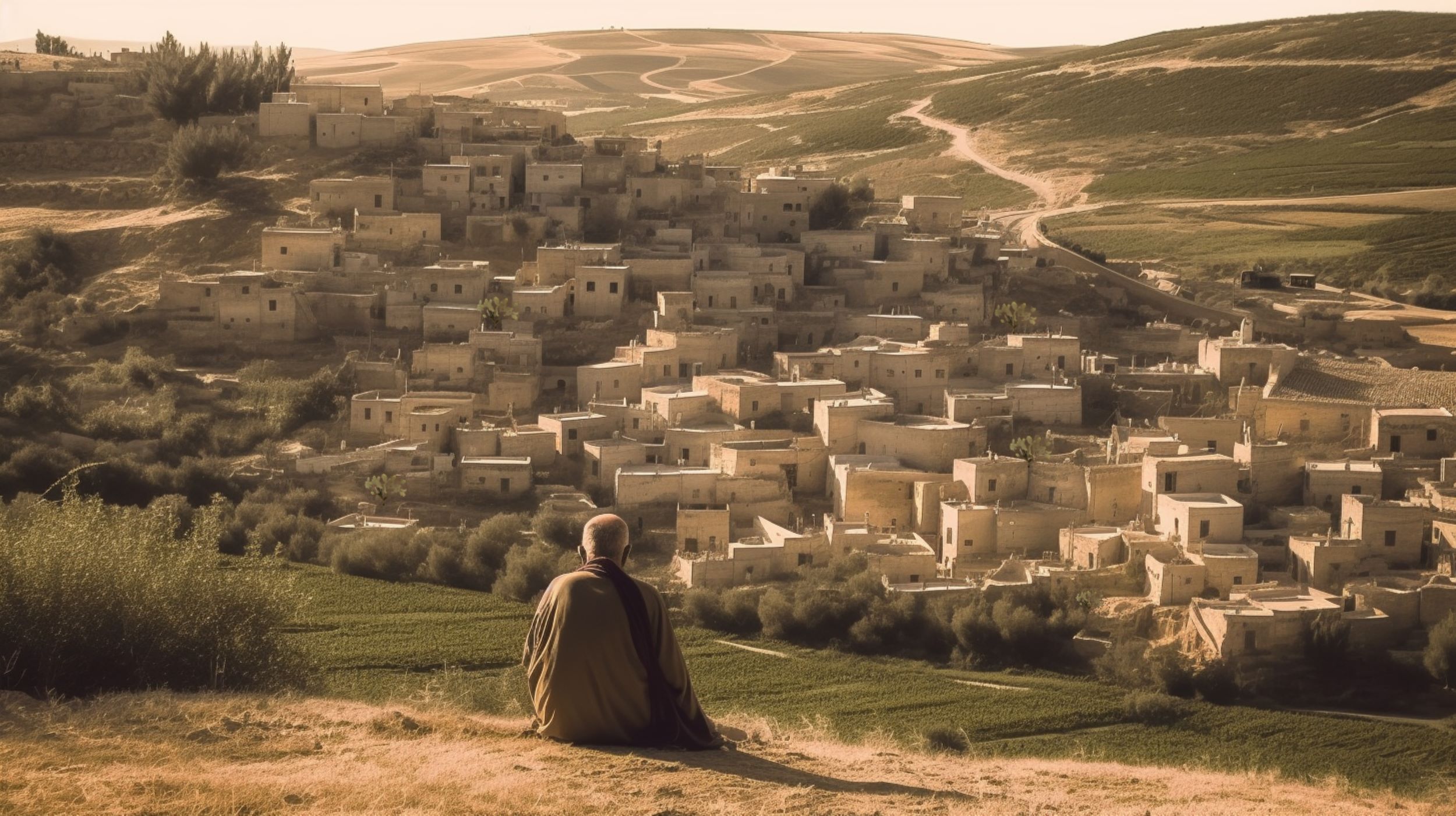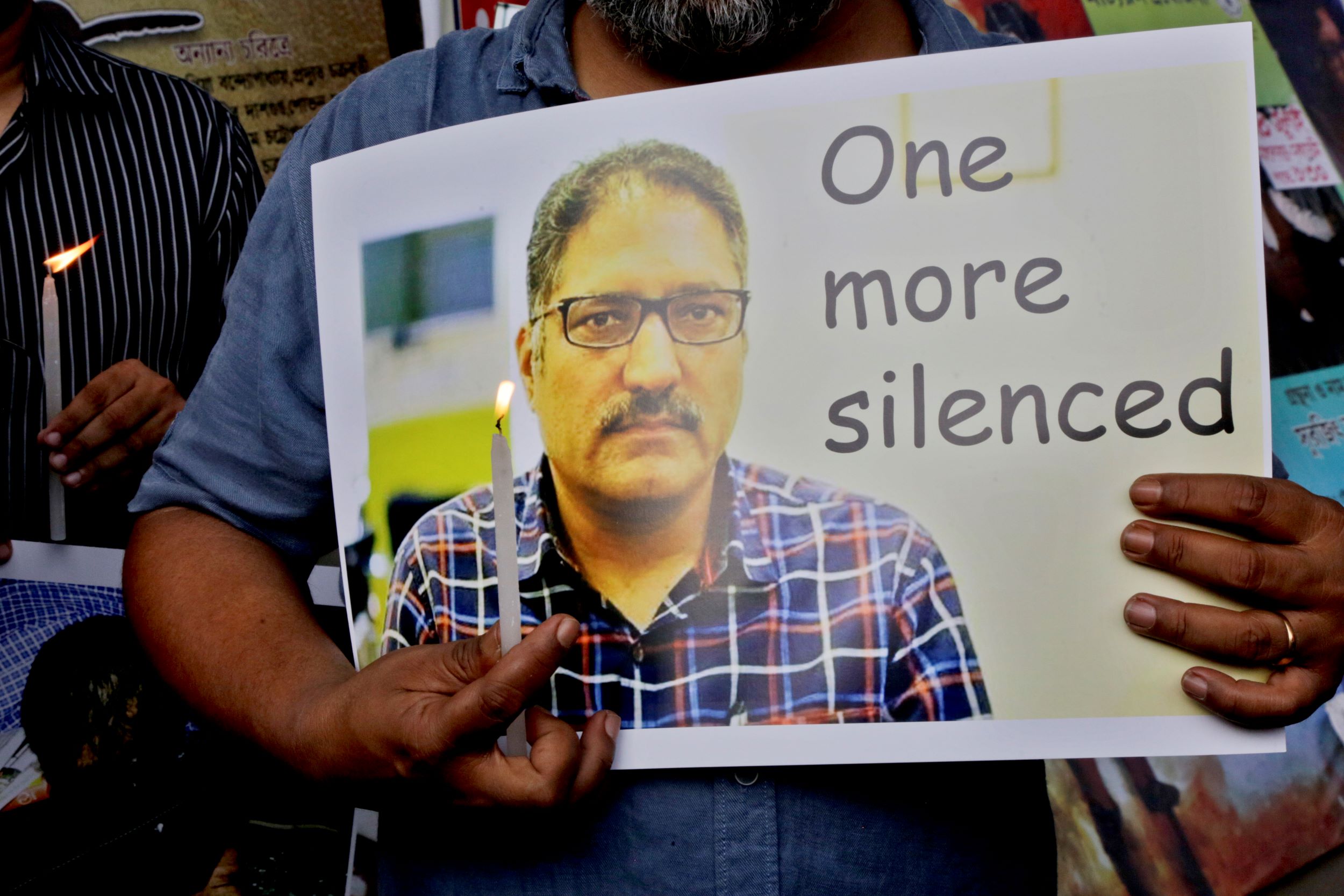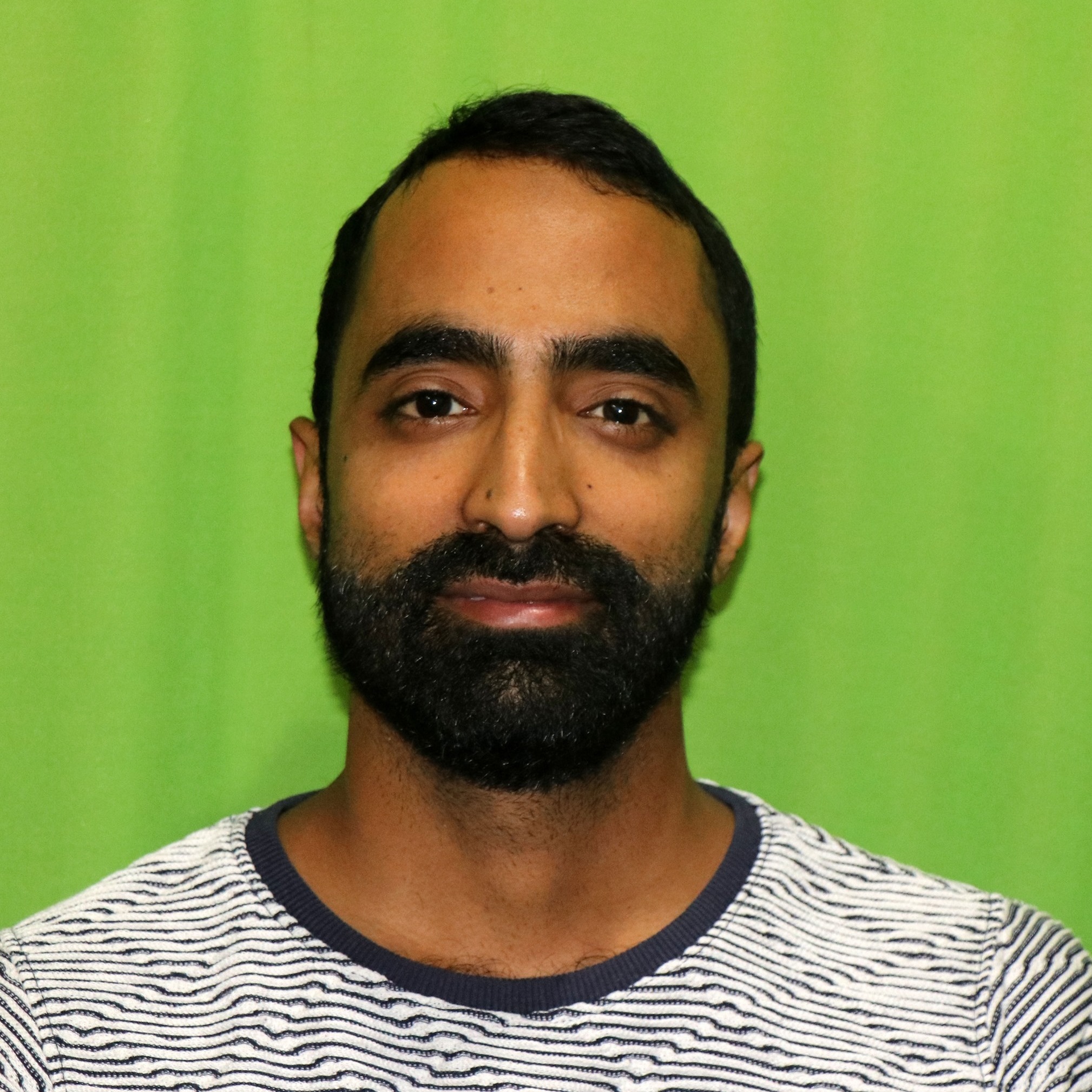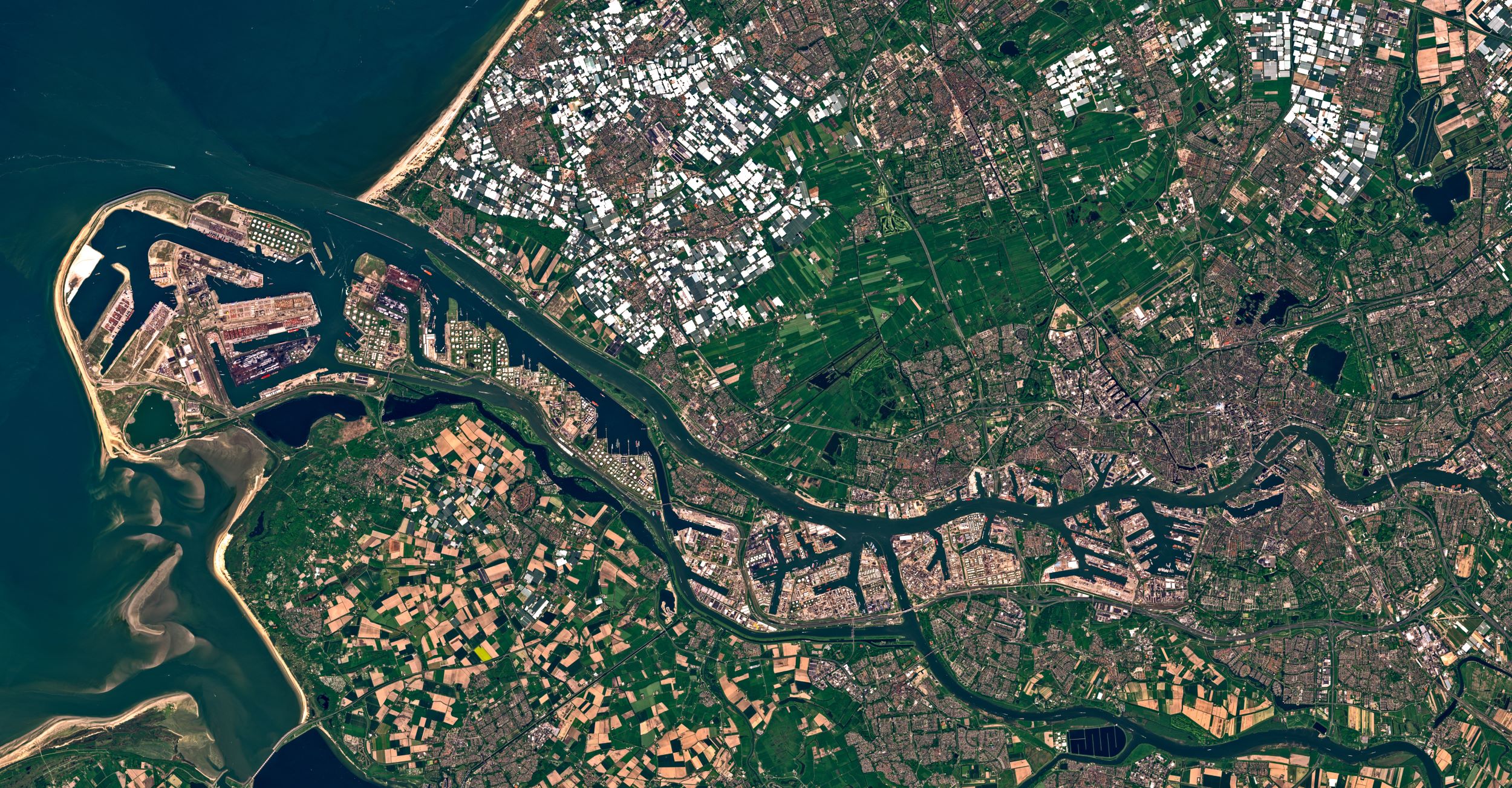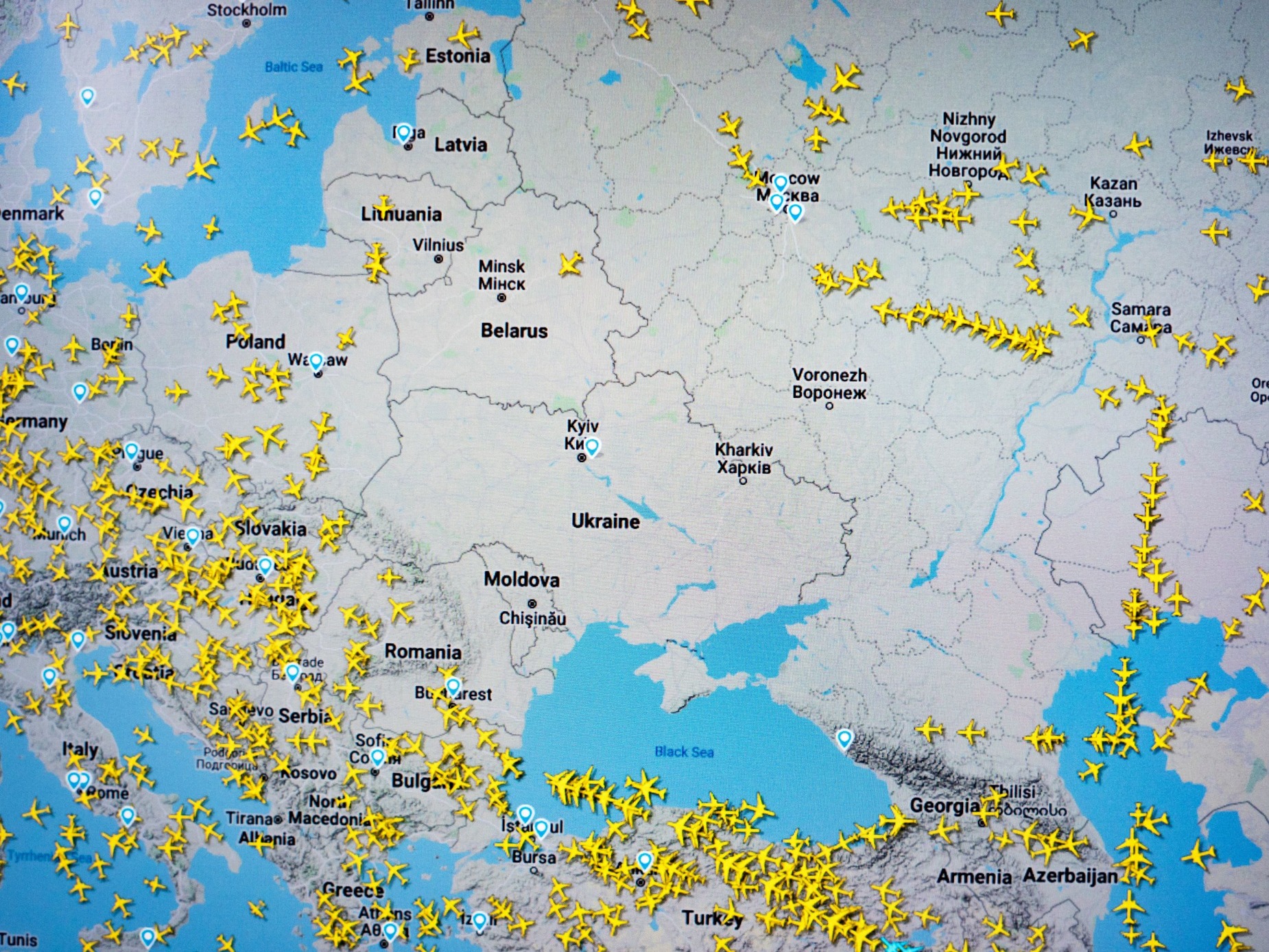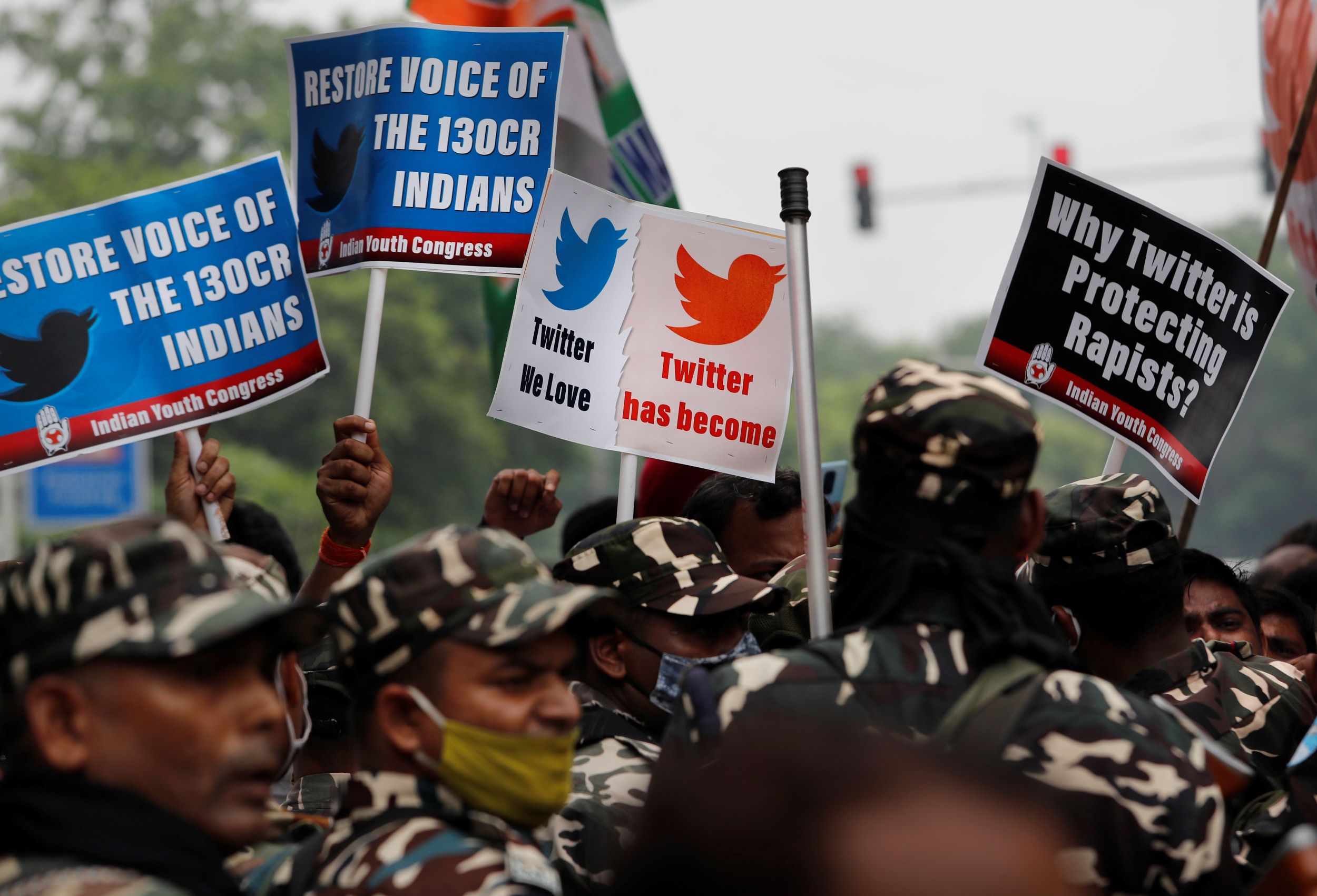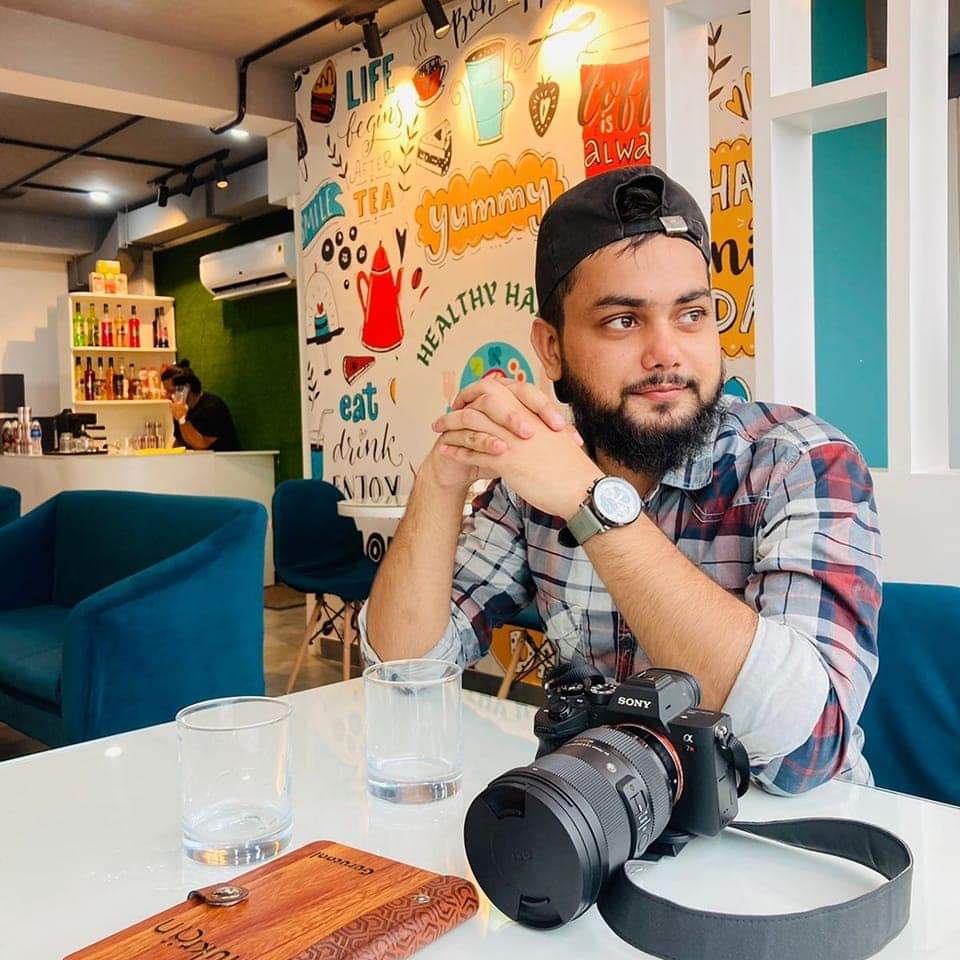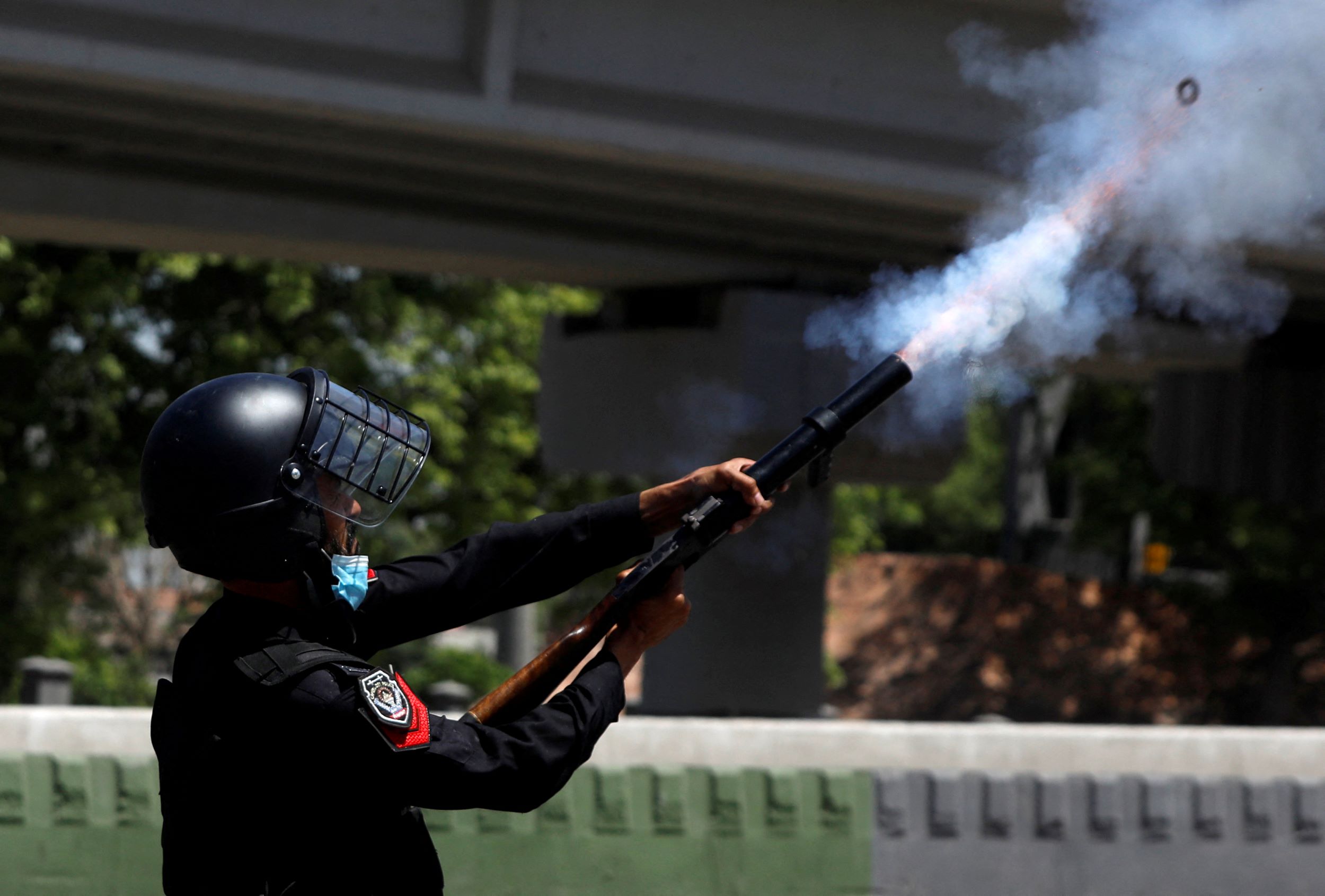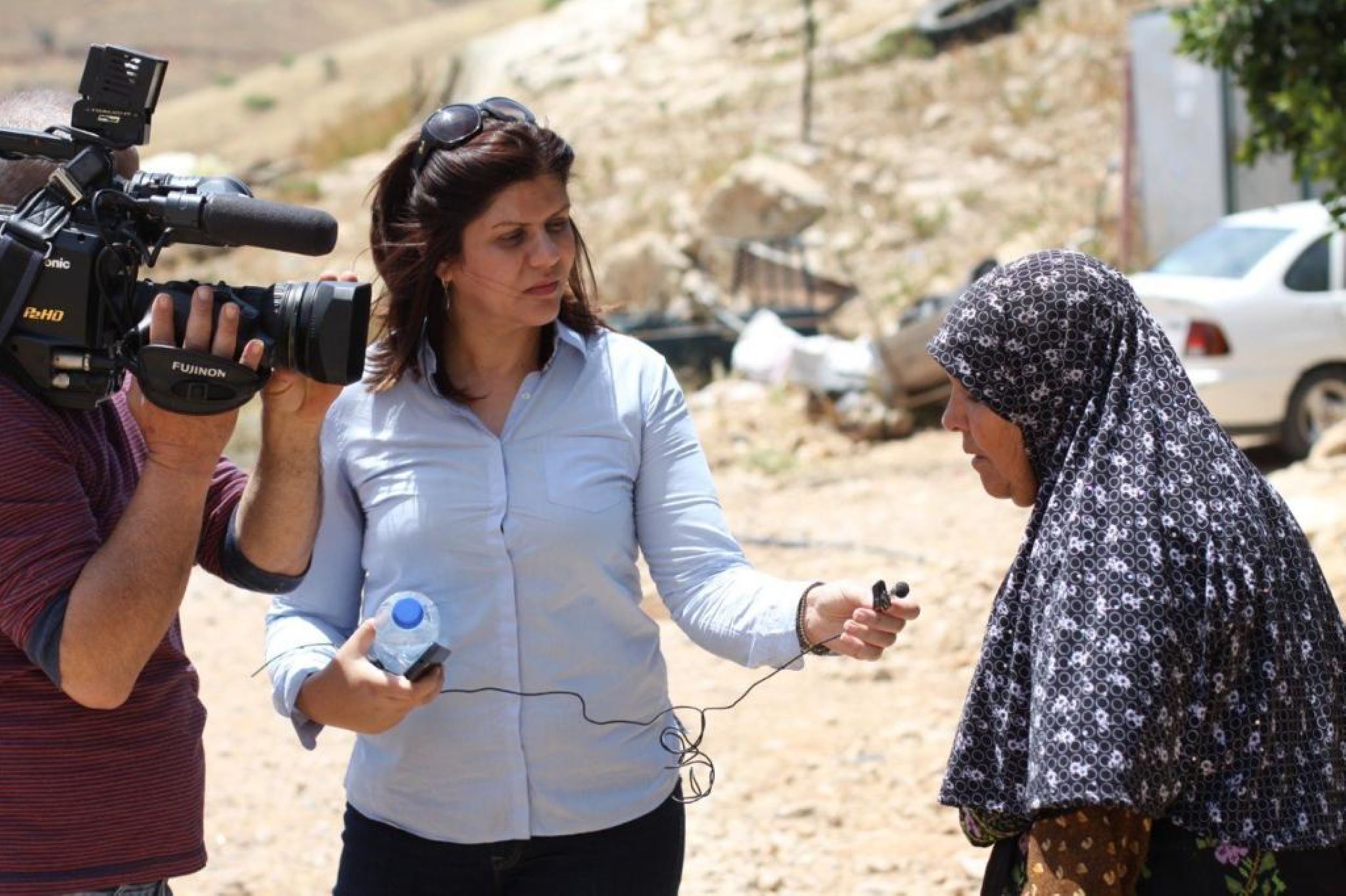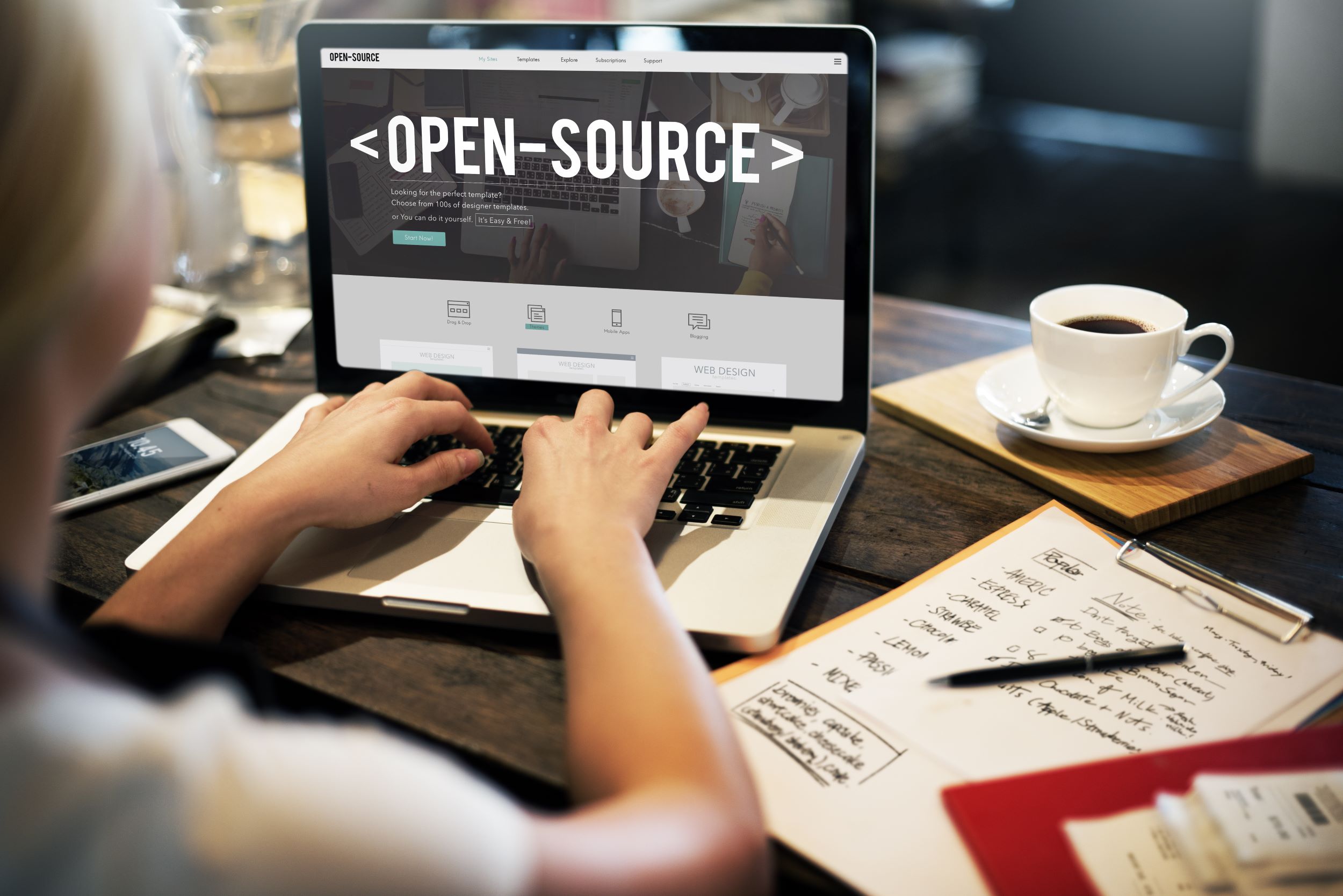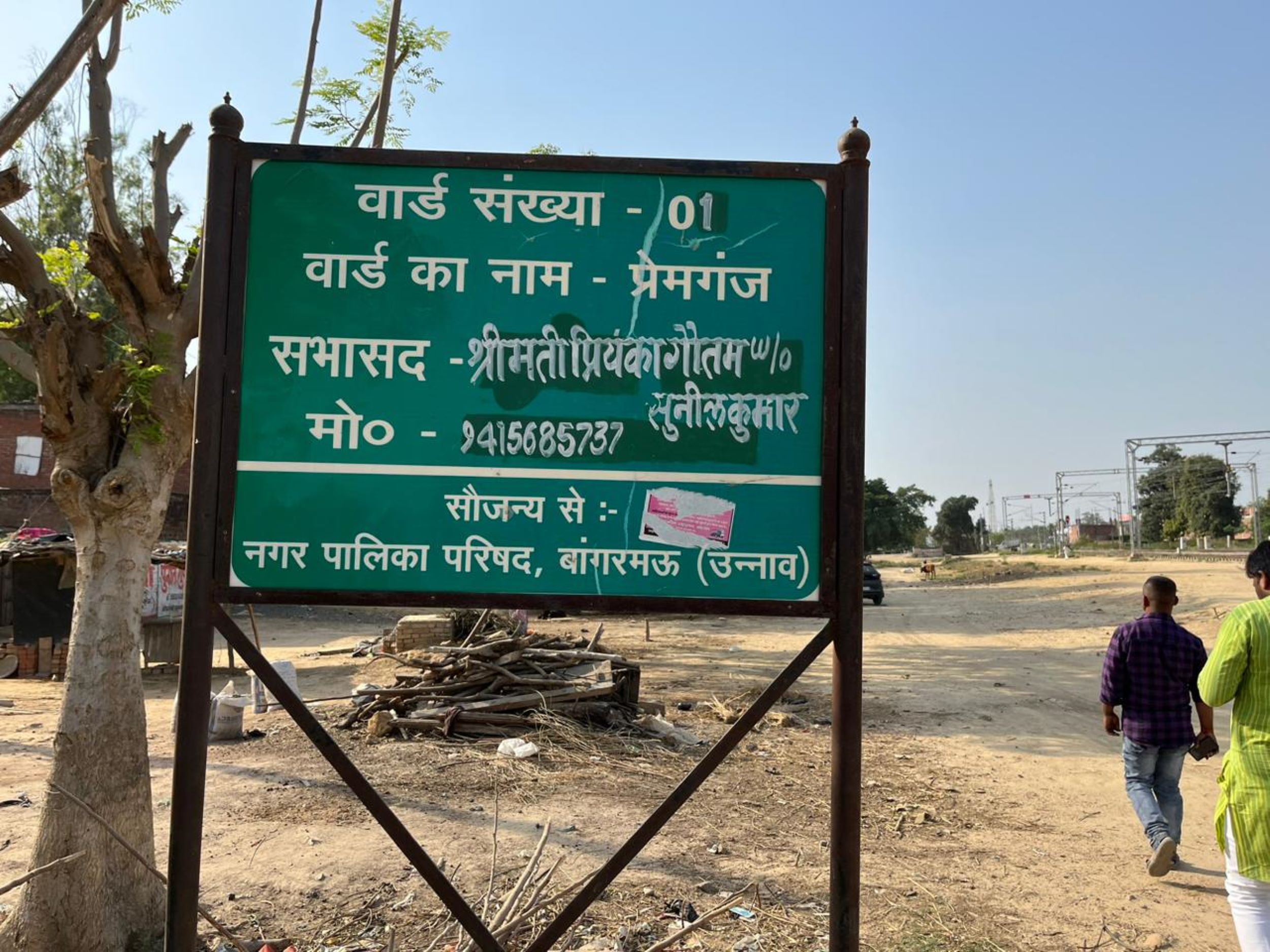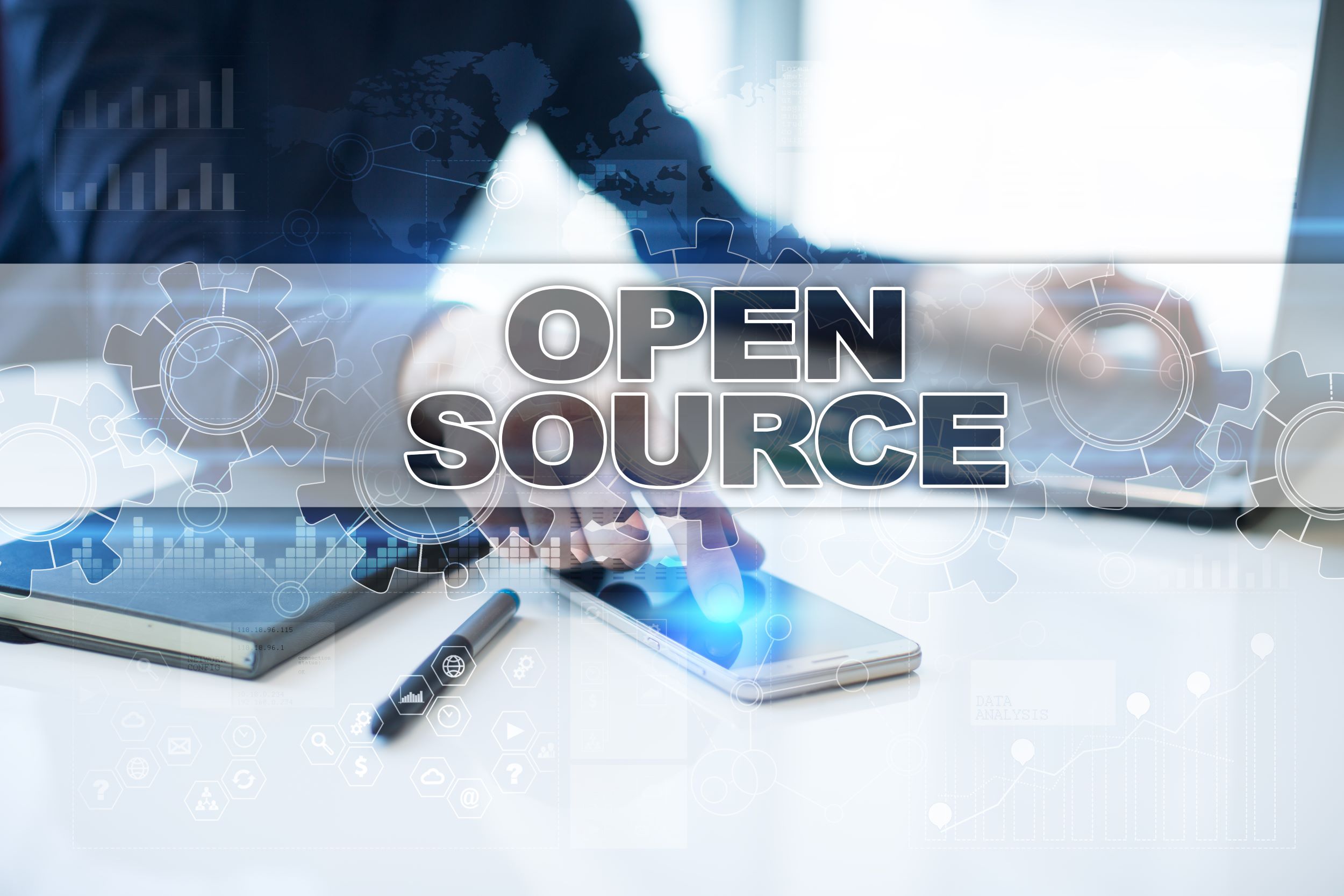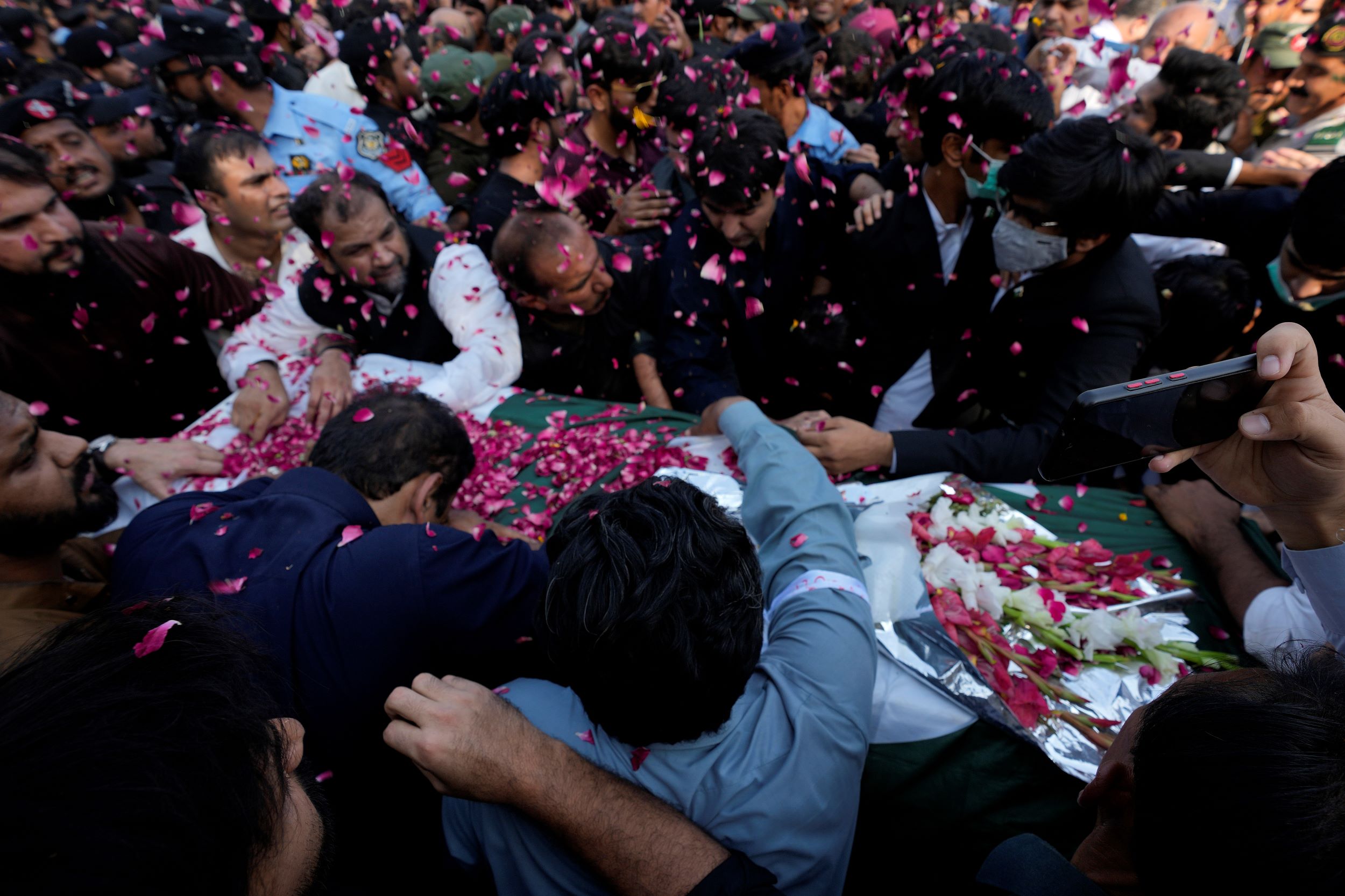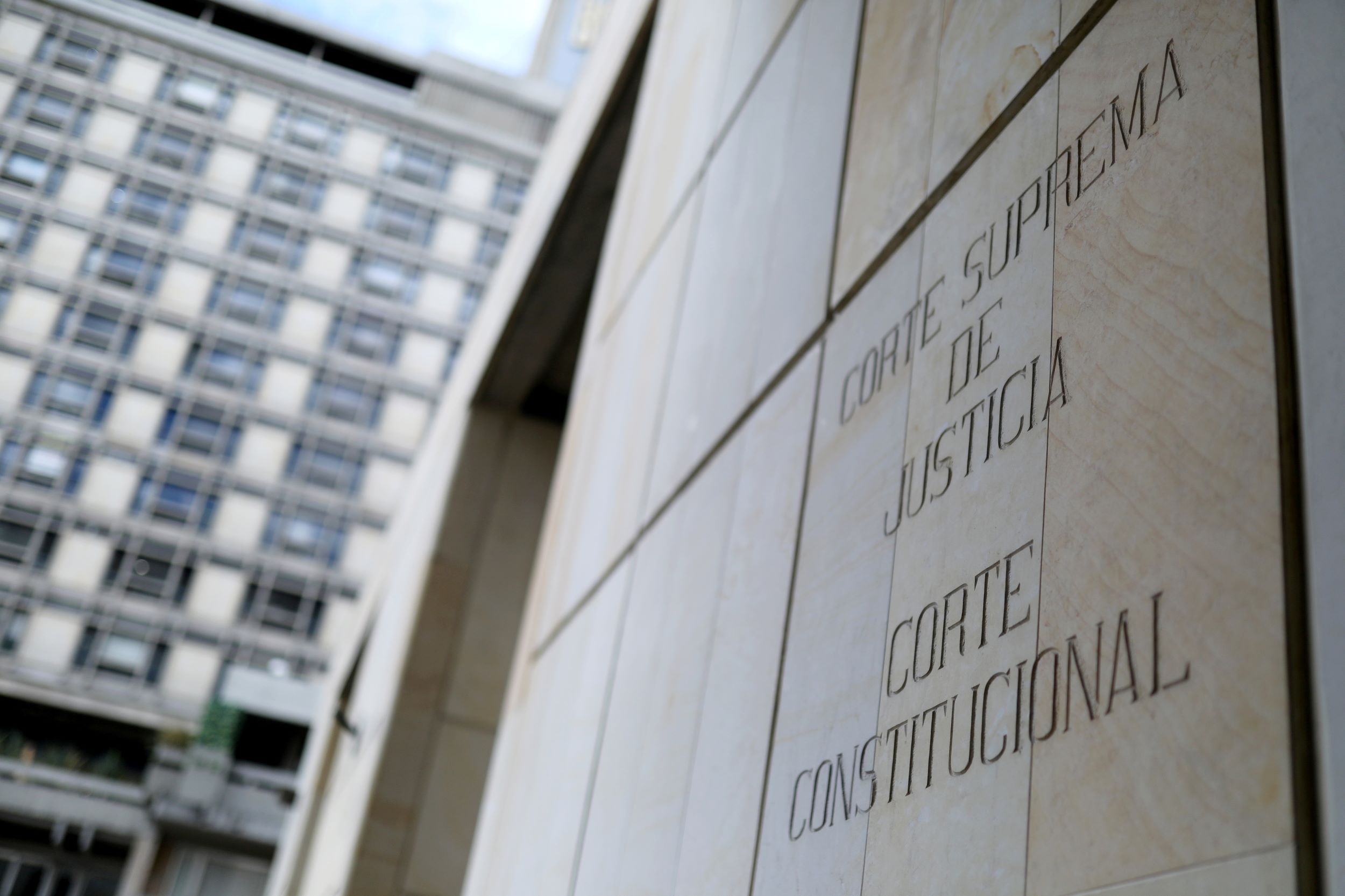Al Jazeera Journalism Review
What is ChatGPT and why is it important for journalists?
AI is taking the world by storm. In the first of a series of articles about the latest developments, we explain what it's all about
The silencing of Sudan's journalists - again
THE LONG READ: Detained, beaten and their cameras smashed - Sudan’s journalists are enduring a renewed crackdown on the media
'Rebuilt memory by memory' - recreating a Palestinian village 75 years after the Nakba
REPORTER'S NOTEBOOK: How it took the collective memories of several generations, painstaking interviews and a determined search through tall grass and prickly plants to recreate a destroyed community
Suffering in silence - the Kashmiri journalists facing a mental health crisis
THE LONG READ: Al Jazeera Journalism Review has interviewed more than 20 journalists in India-controlled Kashmir who are facing exhausting, insurmountable obstacles to doing their jobs safely every single day
How to analyse satellite imagery
When you have a story, but still need to tie up loose ends to answer where or when a particular event occurred, satellite imagery can point you in the right direction
OSINT: Tracking ships, planes and weapons
Tracking ships and planes is an increasingly valuable technique in open-source investigations carried out by journalists. In part 4 of our special series, we examine how it works
How social media bans have crippled journalism in India’s Punjab
The Indian government has ordered social media platforms to block hundreds of accounts of journalists and activists
Tear gas and internet blackouts - reporting on protests in Pakistan
REPORTER'S NOTEBOOK: Following the arrest of former Prime Minister Imran Khan, violence has erupted across Pakistan. For journalists, it is like reporting from the centre of a storm
Remembering Shireen; my colleague and a 'role model for professionalism'
On the eve of the first anniversary of the killing of Shireen Abu Akleh, Al Jazeera's Senior Correspondent in Palestine, her colleague commemorates the compassion, integrity and professionalism which made her the extraordinary journalist and human being that she was
Planning and carrying out an open-source investigation
Part three of our special series of articles on using OSINT in journalism. This time, follow our four steps to completing an open-source investigation
What is an open-source investigation?
In the second part of our special series on using open-source intelligence in journalism, we look at what constitutes and open-source investigation
How misinformation in the media wreaked havoc on an Indian village
When journalists - and social media ‘influencers’ claiming to be journalists - aimed for sensationalism and did not check their facts about the outbreak of the HIV virus in an Indian village, the results were devastating
Using Open-Source Intelligence (OSINT) in Journalism
Where once journalists relied on sources for information - also known as ‘human intelligence’ (HUMINT) - they now increasingly rely on ‘open-source’ intelligence (OSINT) gathered from the internet, satellite imagery, corporate databases and much, much more
Why is life so dangerous for Pakistani journalists?
Pakistani journalists face huge danger in the course of carrying out their work. Why is so little being done to address this?
Investigating the assassination of my own father
As a journalist, reporting on the murder of my father meant answering questions about my own position as an objective observer

